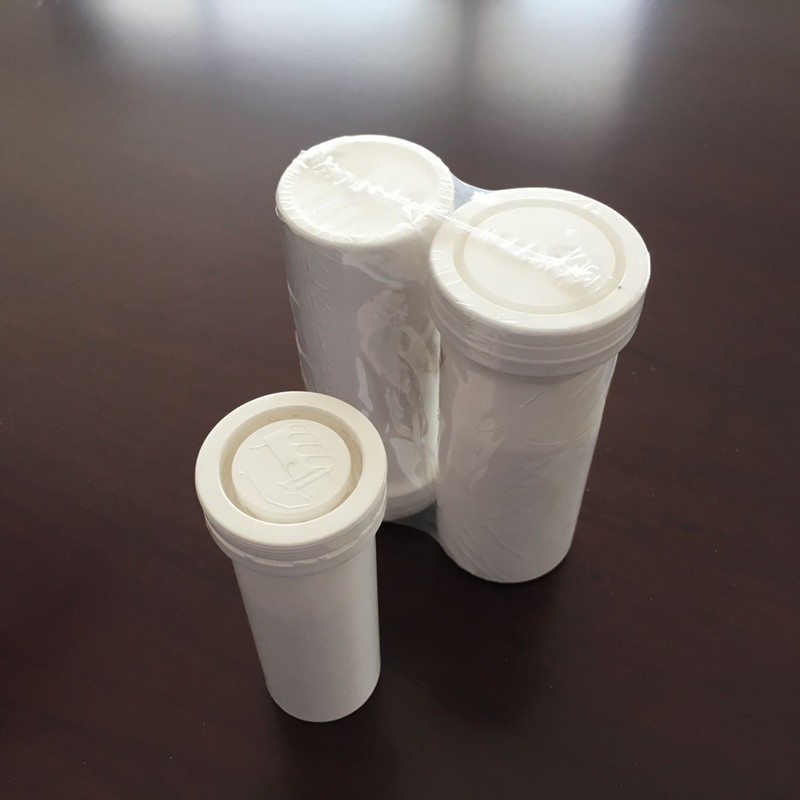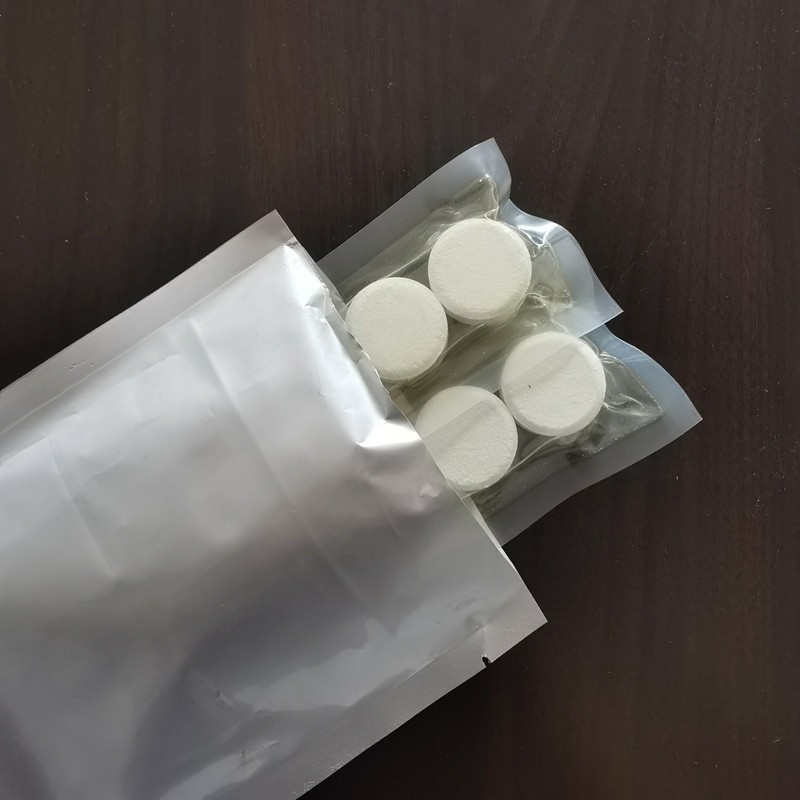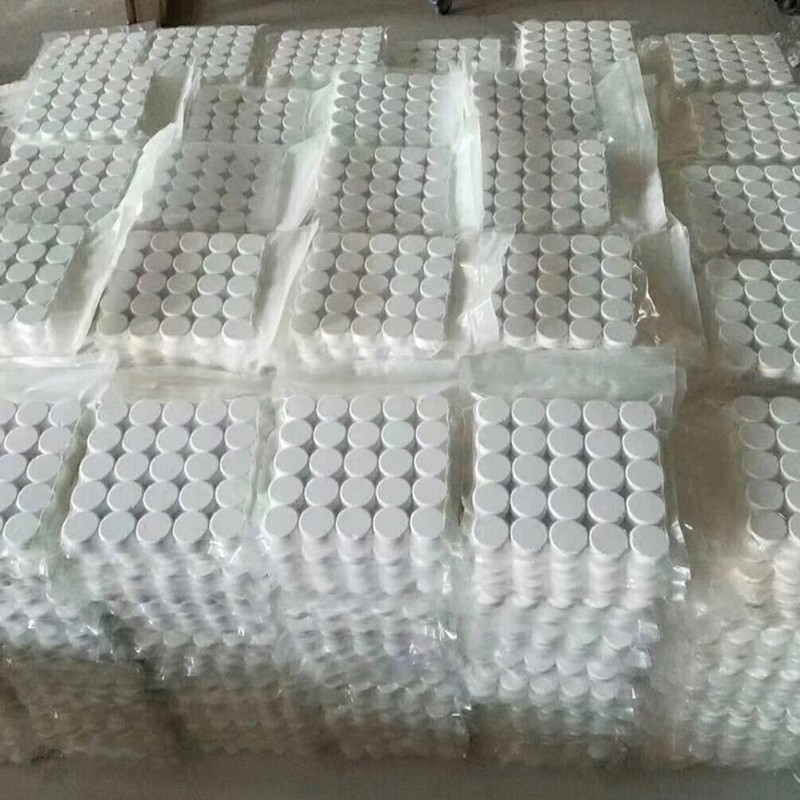Chlorine tablets are a popular and practical disinfection solution, offering a range of benefits that make them valuable in various settings, from household water treatment to outdoor activities and public health initiatives. Here are their key advantages:
Convenience and Portability
One of the most notable benefits of chlorine tablets is their ease of storage and transport. Unlike liquid chlorine solutions, which can be bulky, corrosive, or prone to spillage, tablets are compact, dry, and stable. This makes them ideal for situations where mobility is key, such as camping, hiking, or emergency response efforts. They take up minimal space in backpacks, first-aid kits, or emergency supply caches, ensuring access to disinfection even in remote locations.
Consistent Dosage and Efficacy
Chlorine tablets are pre-measured, which eliminates the guesswork associated with liquid or powder disinfectants. Each tablet contains a precise amount of chlorine (typically varying by size, e.g., 200mg or 500mg), ensuring that users can easily achieve the correct concentration for effective disinfection. This consistency is crucial for killing pathogens like bacteria, viruses, and protozoa in water, reducing the risk of waterborne illnesses. Whether treating a small container of drinking water or a larger storage tank, the predictable dosage helps maintain reliable disinfection results.
Long Shelf Life
When stored properly (in a cool, dry place and sealed container), chlorine tablets have a long shelf life—often up to several years. This stability is a significant advantage over liquid chlorine, which can degrade over time, losing potency. The extended shelf life makes chlorine tablets a reliable choice for stockpiling in emergency preparedness kits or for use in areas where regular access to fresh disinfectants is limited.
Versatility in Applications
Chlorine tablets are not limited to drinking water treatment. They are also effective for disinfecting surfaces, swimming pools, hot tubs, and even wastewater. In healthcare settings, they can be used to sanitize equipment or clean contaminated areas. Their versatility stems from their ability to release chlorine gradually, providing sustained disinfection over time, which is particularly useful for maintaining clean water in storage tanks or pool systems.
Cost-Effectiveness
Compared to some alternative disinfection methods, chlorine tablets are generally affordable, especially when considering their long shelf life and consistent efficacy. They require no specialized equipment for application—users simply drop the appropriate number of tablets into water or a solution—and their pre-measured nature reduces waste from over-dosing. This makes them a cost-efficient choice for both individual households and large-scale operations, such as community water treatment programs in resource-limited regions.
User-Friendly Application
Using chlorine tablets requires minimal training or expertise. Unlike complex disinfection systems that may involve mixing chemicals or monitoring pH levels, tablets can be used by anyone with basic instructions. For example, treating a liter of water may only require dropping one small tablet and waiting a specified time (usually 30 minutes to an hour) for the chlorine to take effect. This simplicity makes them accessible to a wide range of users, from campers to rural communities without advanced water treatment infrastructure.
In summary, chlorine tablets combine convenience, reliability, and versatility, making them a go-to disinfection tool in diverse scenarios. Their ability to deliver consistent, long-lasting protection against pathogens, coupled with ease of use and cost-effectiveness, solidifies their role in ensuring water safety and hygiene.




